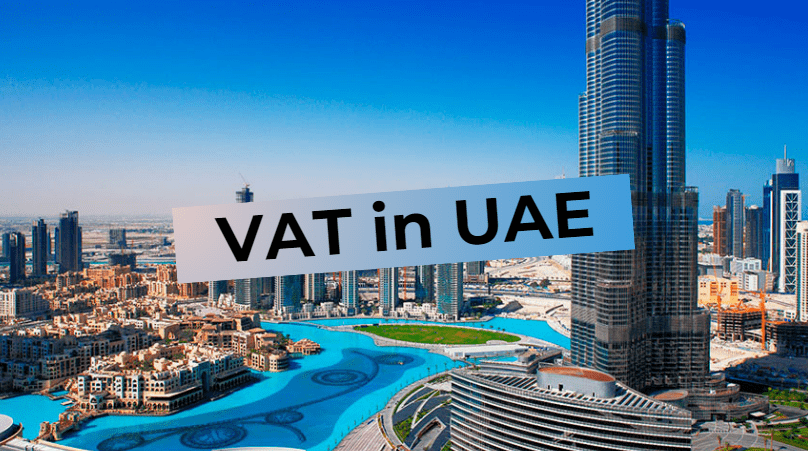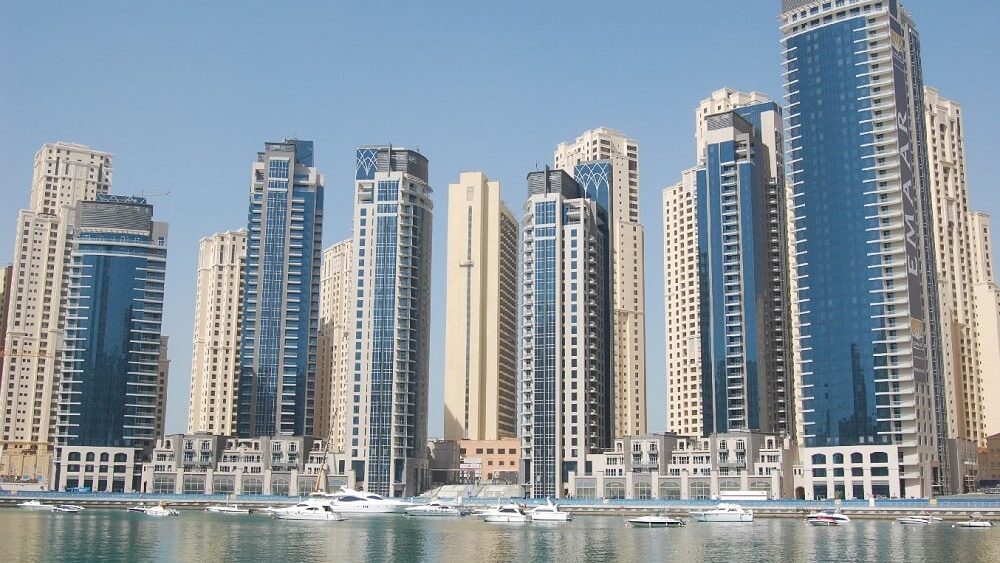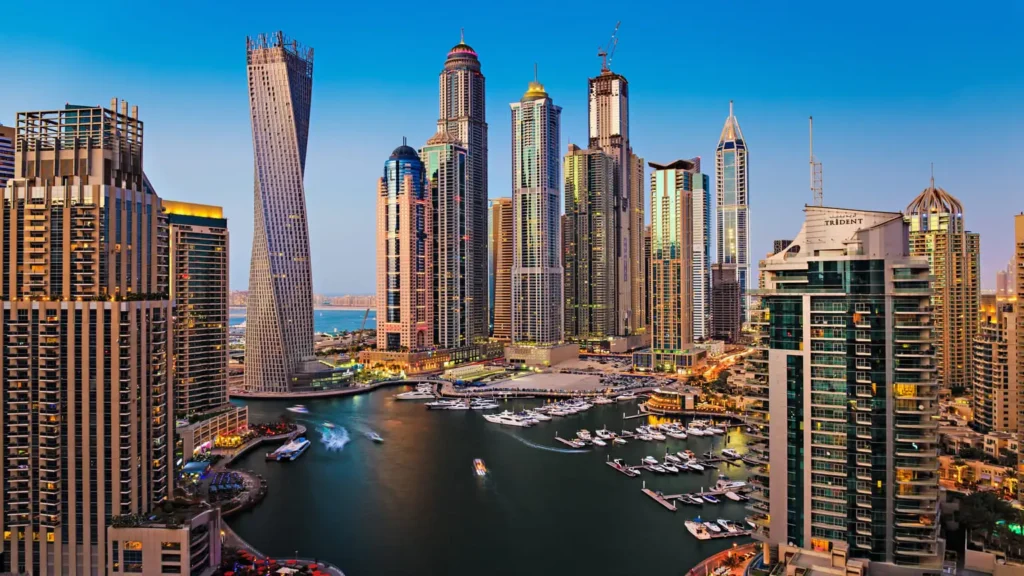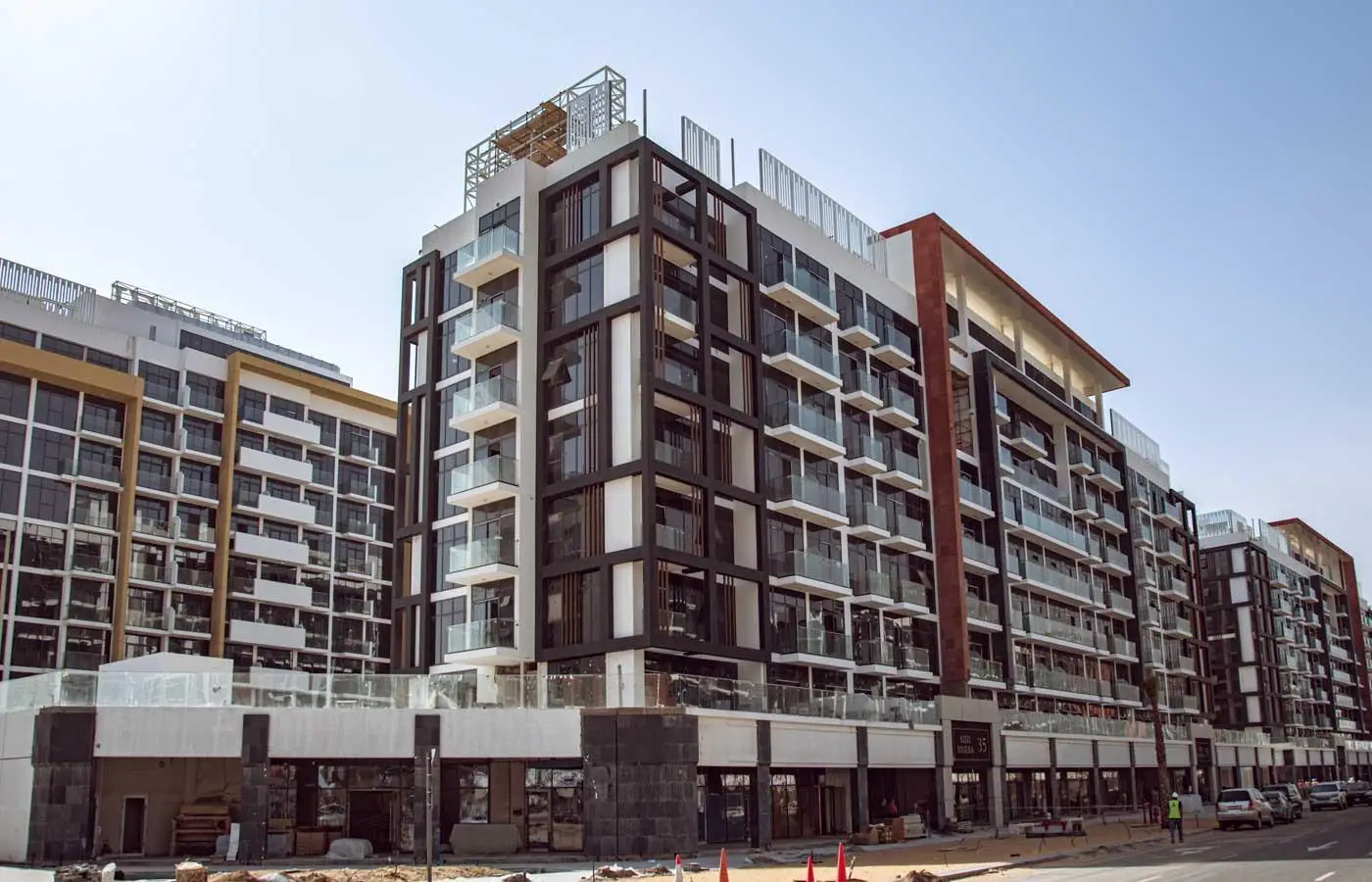
VAT in the UAE: A Detailed Guide for Movers and Entrepreneurs


The peculiarities of the UAE tax system have become a subject of interest for many entrepreneurs and those planning to move to this country. An important element of this system is VAT, or value added tax. In this article we will look at how VAT works in the UAE, its history and peculiarities, and how it affects life and business in the Emirates.
Overview of Value Added Tax (VAT)
VAT, or Value Added Tax, is a consumption tax that is usually paid on goods and services at each stage of the production chain. In the UAE, VAT was introduced in 2018 and since then it has become an important part of the country's tax system.
The history of VAT implementation in the UAE began with the decision of the Gulf Council to create a unified tax space in the region. The introduction of VAT was part of a strategy to diversify the UAE economy and reduce its dependence on oil revenues.
Although the UAE is known as a tax haven, the introduction of VAT was a significant change in the country's tax system. However, unlike many other countries, the UAE has one of the lowest VAT rates - only 5%.
It is important to note that the introduction of VAT was carried out in accordance with international standards and practices. This ensured transparency and predictability of the tax regime for businesses and investors.

In addition, the UAE government is actively working to create a favorable tax climate and simplify tax payment procedures. This includes electronic tax accounting and filing of tax returns, which makes it easier for companies to pay VAT.
It is also worth noting that there are VAT exemptions for certain sectors of the economy, such as health care and education. This makes UAE even more attractive for investment into these sectors.
Overall, the introduction of VAT in the UAE is an important step towards modernizing the country's tax system and creating a favorable investment climate.
Application of VAT in the UAE
In the UAE, VAT applies to many goods and services, making it an important part of the country's economic system. As mentioned above, VATable goods and services include food, electricity and water, fuel, and commercial real estate.
However, it is worth noting that some goods and services are exempt from VAT. This includes some types of medical and educational services, as well as some types of international transportation and export of goods and services outside the GCC.

As for VAT registration, in the UAE it is mandatory for companies whose turnover exceeds USD 102,000 per year. It is important to note that VAT registration in the UAE is done through the Federal Tax Authority and companies may be liable to pay a fine if they fail to comply with these requirements.
It's also worth noting that in UAE has a VAT refund system for tourists. This means that tourists to the UAE can reclaim VAT paid on certain goods and services, provided they take these goods with them out of the country within a certain period of time.
The impact of VAT on life and business in the UAE
VAT in the UAE affects both consumers and companies. For consumers, the introduction of VAT has led to a slight increase in the prices of some goods and services. However, due to the low VAT rate, this increase was not as significant as in some other countries.
For companies, the introduction of VAT has led to the need to revise pricing and accounting policies. At the same time, VAT opens up opportunities for tax refunds in certain cases, which can be beneficial for businesses.
Compared to other countries, the UAE's VAT rate is one of the lowest in the world. This makes the country attractive for business and life, despite the introduction of this tax.
Practical aspects for those moving to the UAE
Moving to the UAE implies the need to consider tax aspects, including VAT. It is important to know which goods and services are subject to VAT and which are exempt.
In addition, new residents should be prepared for the fact that prices for some goods and services may be higher due to VAT. However, as already mentioned, due to the low VAT rate, this difference will not be too significant.
For entrepreneurs planning to run UAE businessIt is important to note that they may be required to register for VAT if their turnover exceeds a certain threshold. At the same time, they may be entitled to a VAT refund in certain cases.
Moreover, they should be prepared for the fact that doing business in the UAE implies the need for bookkeeping and regular reporting to the tax authorities. This may require additional costs for accounting services or the implementation of appropriate accounting systems.
It is also worth considering that the UAE has a system of penalties for tax law violations, including incorrect application of VAT or failure to submit tax returns. It is therefore important to understand the tax issues in advance and ensure that VAT is applied correctly.
In conclusion, moving to the UAE and doing business in this country is a big step that requires careful preparation and planning.
Differences in VAT between Emirates
In general, the UAE VAT system is universal and applies to all seven emirates: Abu Dhabi, Dubai, Sharjah, Ajman, Umm Al Qaiwain, Ras Al Khaimah and Fujairah. All emirates follow common rules and regulations set by the UAE Federal Tax Authority.
However, there are some differences in what goods and services are exempt from VAT in different emirates. For example, some emirates may have exemptions for specific sectors such as education, health or real estate. This is due to the policy of each individual emirate to incentivize certain activities.

For example, Dubai, which is the UAE's largest trade and tourism center, may have more goods and services subject to VAT than others. At the same time, emirates that are actively developing agriculture or fishing may provide VAT exemptions for goods and services in these sectors.
So, regardless of which emirate you plan to live or do business in, it is important to research the local tax specifics and take them into account when planning your spending and investments.
How to pay VAT in the UAE
Payment of VAT in the UAE is made through the Federal Tax Authority. Here are the basic steps you need to take to pay VAT:
- Registration with the Federal Tax Service: The first step is to register with the Federal Tax Service. This can be done on the official website of the service. You will need documents confirming your activity and circulating revenue.
- Filing a VAT report: Once you are registered, you need to file VAT returns. The reports should include information on your turnover revenue and sales and purchases. It is important to complete the report carefully to avoid errors and discrepancies.

- Payment of VAT: After filing the report, you will be able to pay VAT. The payment is made through the electronic payment system on the website of the Federal Tax Service. You can pay VAT by bank card or bank transfer.
- Payment confirmation: After payment, you will be given an electronic receipt which confirms that the VAT has been paid. This receipt may be required for submission to the tax office or for internal accounting purposes.
It is important to note that the deadlines for filing reports and paying VAT can vary depending on the size of your company and your turnover. It is therefore important to keep track of these deadlines to avoid penalties and fines.
If you are unsure about how to file reports and pay VAT, it is advisable to contact tax professionals or use the services of an accounting firm. They will help you understand the intricacies of the process and ensure that you comply with all the requirements of UAE legislation.
How to calculate VAT in the UAE
Calculating VAT in the UAE is quite simple and is based on the VAT rate, which is 5%. Below are the steps to calculate VAT:
- Determine the basis for VAT: The base for VAT is the value of the goods or services excluding tax. For example, if the value of the goods is AED 1,000, this will be your VAT base.
- Apply the VAT rate: The VAT rate in the UAE is 5%. To calculate VAT, you need to multiply the cost of the good or service (base) by the VAT rate. In our example it will be: AED 1000 * 5% = AED 50.
- Add VAT to the cost of the good or service: The final step is to add the calculated VAT to the cost of the good or service. In our example, the final cost of the goods including VAT would be: AED 1000 + AED 50 = AED 1050.
It is important to note that some goods and services in the UAE are exempt from VAT and for them this calculation does not apply. In addition, for some companies that are eligible for VAT refunds, the actual VAT burden may be less.
VAT in the UAE, despite its relative novelty, plays an important role in the country's tax system. Its introduction was part of a strategy to diversify the UAE economy and reduce its dependence on oil revenues.
It is worth noting that despite the introduction of VAT, the UAE remains attractive for business and life, thanks to the low rate of this tax, stable economy and high standard of living.
VAT (Value Added Tax) is a consumption tax on goods and services in the UAE, levied at every stage of production and distribution.
The UAE applies a standard VAT rate of 5%, but certain goods and services may be exempted.
Any company or entrepreneur whose turnover exceeds the prescribed threshold must register for VAT.
Certain goods and services such as medical services, financial services, and export transactions are exempt from VAT in the UAE.
VAT can affect the prices of goods and services for consumers and operating costs for companies, depending on their area of activity.
Paying VAT in the UAE requires registration with the tax office and maintaining and filing returns as required.
What is VAT and how is it applied in the UAE?
VAT (Value Added Tax) is a consumption tax on goods and services in the UAE, levied at every stage of production and distribution.
What are the VAT rates in the UAE?
The UAE applies a standard VAT rate of 5%, but certain goods and services may be exempted.
Who is required to register for VAT in the UAE?
Any company or entrepreneur whose turnover exceeds the prescribed threshold must register for VAT.
What goods and services are exempt from VAT in the UAE?
Certain goods and services such as medical services, financial services, and export transactions are exempt from VAT in the UAE.
How does VAT affect businesses and consumers in the UAE?
VAT can affect the prices of goods and services for consumers and operating costs for companies, depending on their area of activity.
What documents are required to pay VAT in the UAE?
Paying VAT in the UAE requires registration with the tax office and maintaining and filing returns as required.




























